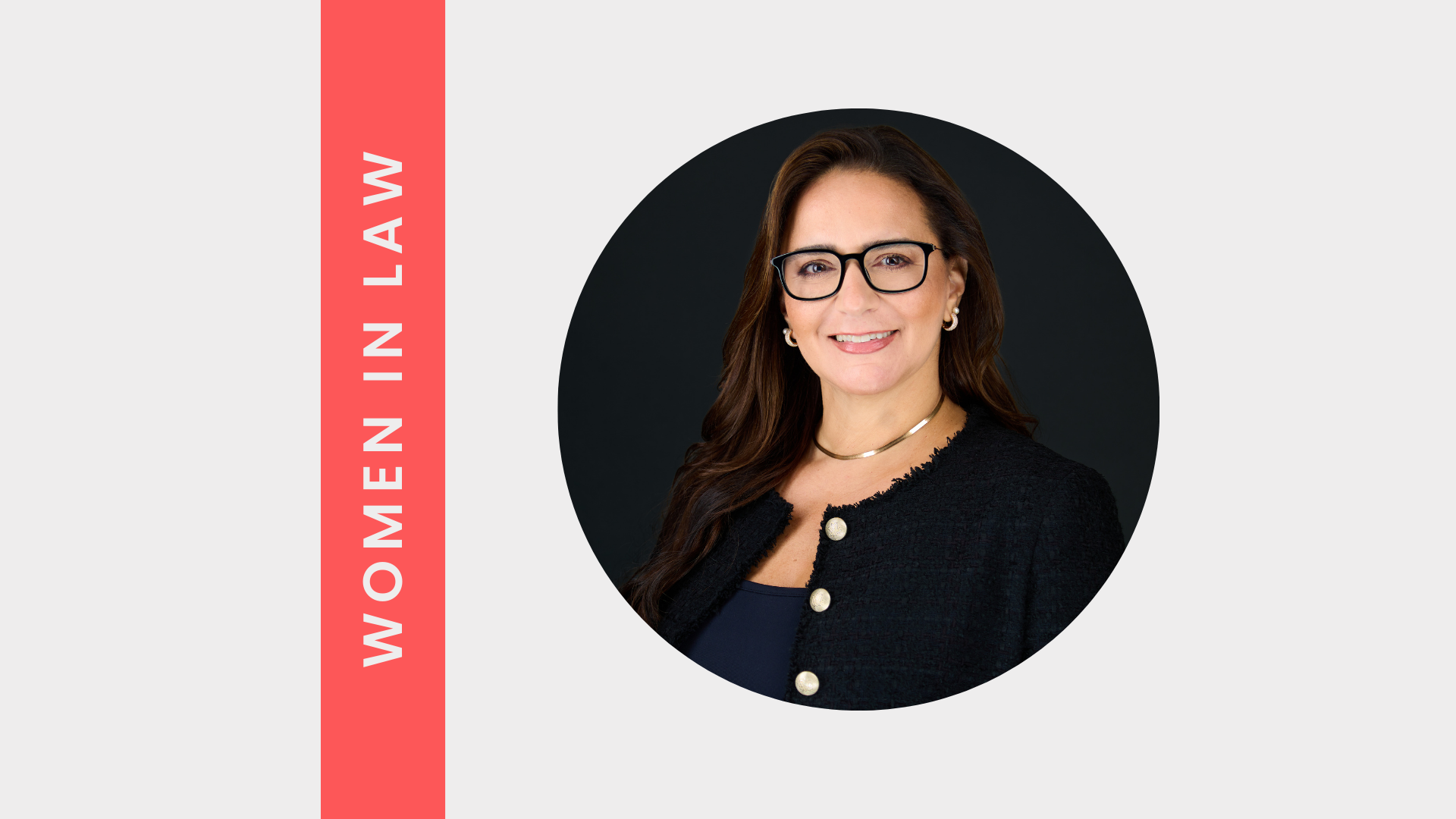Getting more women into IT: how your firm can rise to the challenge
Name a famous engineer or technologist and most people would undoubtedly mention Steve Jobs, Bill Gates, Isambard Kingdom Brunel or George Stephenson. Being optimistic, perhaps Ada Lovelace or Martha Lane Fox might spring to mind.
But most people would, I think, struggle to name many women who have influenced the history of engineering or technology – which makes it unsurprising that young girls are not drawn to engineering and technology career.
Naomi Climer, the first female president of the Institution of Engineering and Technology (IET), writes exclusively for Hydrogen’s clients.
Diversity = Innovation
Why does this matter? It matters because the world needs more engineers and technologists if our economies are to continue to grow, and also because diverse teams are more innovative. The truth is that a more representative workforce would be a good outcome for everyone – not just for women. A lack of diversity means we are missing out on ideas and innovation that come from the different perspectives.
To achieve a more diverse workforce, we need more role models at every level to inspire young women by showing them what engineering and technology could look like for them. The world has changed a lot for women over the past 100 years. We earned the right to vote and have broken down boundaries in many professions – for example 50 per cent of GPs are now women, so why are we not seeing more modern-day female champions emerging in engineering and technology?
Female-friendly?
Less than one in 10 engineers in the UK today are women. This is a result of a number of factors – from the careers advice girls are given in schools, to schools not instilling girls with the confidence to opt for Science and Maths at A-level. But, it is also due to some employers needing to make their approach to recruitment and retention more female-friendly.
More female-friendly retention and recruitment practices are a vital part of solving the challenge. There are skilled women qualified to take up existing roles, but many are leaving the profession as soon as they graduate and I believe there are things that companies can do to attract and retain these qualified women.
The whole of the engineering profession – including men – need to pull together to help win this battle. There is no quick or simple fix. Instead, we need many small and subtle changes over time.
What your firm can do: words, pictures and publishing
Our recent Skills Survey found that 57 per cent of engineering businesses don’t have gender diversity initiatives in place. This could be as simple as things like routinely reviewing recruitment language or marketing images for engineering jobs. There are great examples of companies who have consistently worked on their diversity and it does make a difference. I would like to see companies over a certain size measure and publish their diversity figures including recruitment, retention, promotion and pay. This would help them to focus on the issue and also benchmark themselves against what other companies are achieving.
The Famous Five?
I would like to think that in 10 years’ time, many more people would be able to name a minimum of five women in engineering and technology. But this can only be achieved if we do more to create and promote these female role models and ambassadors. Is your organisation or company playing its part?
We need consistent efforts from parents, schools, and universities to encourage more girls to study Science, Technology, Engineering and Mathematics (STEM) subjects and aspire to a career in engineering.
And from industry, a concerted effort to attract and retain female engineers and technologists who can help address the UK’s shortage of engineers – and bring a new perspective and skillset to the world’s big engineering and technology challenges.
Naomi Climer is President and Fellow of the IET. Until March 2015, Naomi was President of Sony’s new global division – Media Cloud Services, based in Los Angeles, USA, with a mission to develop cloud based services for all parts of the media industry worldwide. Previously, Naomi headed Sony’s B2B organisation in Europe (Sony Professional) providing R&D, Sales and Marketing, Systems Integration and Service covering diverse markets including media, broadcast, cinema, sports, security and healthcare.
After studying at Imperial College, London, Naomi trained as an Engineer at the BBC and has worked in technical roles in BBC Radio, BBC World Service and BBC News as well as at ITV and in local radio. In 2014, Naomi was awarded the International Association of Broadcast Manufacturers (IABM) Industry Woman of the Year.
Naomi has a strong interest in diversity issues and has been an active campaigner for gender diversity within Sony and within the engineering profession in the UK. As a result of this, Naomi was short-listed for a WISE Women of Outstanding Achievement Award For Leadership and Inspiration in 2012.
Naomi has been an active contributor to the IET through the Communications Policy Panel and as a member of the Board of Trustees since 2010. Naomi has also actively engaged with the Southern California Local Network since 2012 and brings this international IET perspective as well as global industry experience to IET HQ in the UK.
Our latest insights







